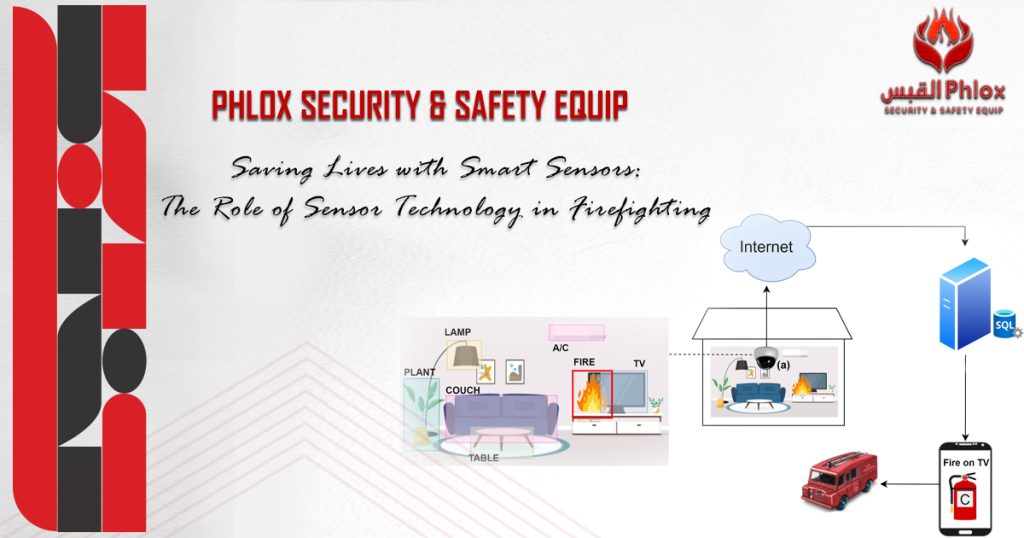
Saving Lives with Smart Sensors: The Role of Sensor Technology in Firefighting
In the dynamic landscape of firefighting, technology is evolving to become not just a tool but a lifesaving companion. At the forefront of this transformation is the integration of smart sensors, a revolutionary advancement that is reshaping the way we approach fire prevention and response.
Smart sensors are devices equipped with the capability to detect, measure, and transmit data in real-time. In the context of firefighting, these sensors play a pivotal role in enhancing situational awareness, improving response times, and ultimately, saving lives. The ability of these sensors to continuously monitor environmental conditions is a game-changer in early fire detection.
Smart Sensors Applications in Firefighting
One of the primary applications of smart sensors in firefighting is in the realm of fire detection. Traditional smoke detectors are effective but limited in scope. Smart sensors, on the other hand, can detect various indicators of fire beyond just smoke. Which includes as well the changes in temperature, humidity, and air quality. This comprehensive data allows for more accurate and early identification of potential fire hazards, enabling swift and targeted intervention.
Real-time data transmission is another critical aspect of smart sensor technology. These sensors can instantly relay information to centralized control systems, alerting firefighting teams to emerging threats. This instantaneous communication significantly reduces response times. Which provides first responders with the critical minutes that can make the difference between containment and escalation.
Furthermore, these sensors contribute to the optimization of firefighting resources. By continuously monitoring conditions in a given area, these sensors enable more efficient deployment of manpower and equipment. This not only enhances the effectiveness of firefighting operations but also ensures the safety of the responders by providing them with the most up-to-date information.
In addition to their role in fire detection and response, smart sensors contribute to ongoing research and the development of predictive firefighting models. Analyzing the data collected over time, researchers can identify patterns and trends that help refine strategies for future firefighting efforts.
Lastly, the integration of smart sensors in firefighting is a transformative leap towards a more proactive and responsive approach to fire safety. By harnessing the power of real-time data and comprehensive environmental monitoring; smart-sensors are undeniably becoming the unsung heroes in the mission to save lives from the devastating impact of fires.




